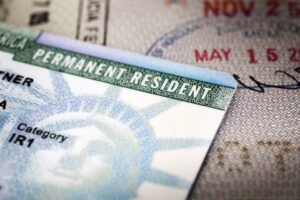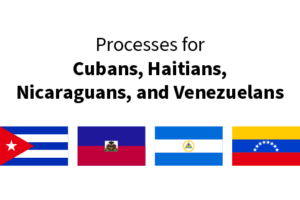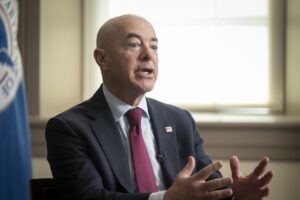The public charge rule is currently back in full effect. On September 11, 2020, the U.S. Court of Appeals for the Second Circuit decided to suspend the lower court’s July 29, 2020 nationwide injunction prohibiting DHS from enforcing the public charge rule.1
This means anyone desiring to adjust their status to a lawful permanent resident (LPR), otherwise known as a “green card”, must submit the Form I-944 demonstrating they are not inadmissible under the public charge rule. The I-944 considers several “factors” such as:
- Age;
- Health and insurance;
- Family status;
- Assets, resources, and financial status;
- Sponsor or co-sponsor’s annual income;
- Education and skills; and,
- Receipt of enumerated public benefits and the period of time the benefits were received.2
Again, the public charge rule only applies to those who seek to adjust their status to LPR status and excludes other categories of immigrants such as:
- Refugees;
- Asylees;
- Certain T and U Nonimmigrant visa applicant; and,
- Certain VAWA petitioners.
If you are a current client pursuing an adjustment, please be aware the public charge rule is currently the subject of constant debate and litigation so things may change in the near future. We assure to update you with any changes. If you are considering adjusting your status to an LPR we strongly urge you consult with our office, so we can best guide you towards overcoming this burdensome provision.
References
- https://www.ca2.uscourts.gov/decisions/isysquery/e791eca7-43df-46fb-97c4-e509656b7ffd/2/doc/20-2537_opn.pdf#xml=https://www.ca2.uscourts.gov/decisions/isysquery/e791eca7-43df-46fb-97c4-e509656b7ffd/2/hilite/
- https://www.uscis.gov/archive/public-charge-fact-sheet#:~:text=Definition%20of%20Public%20Charge,month%20counts%20as%20two%20months).





